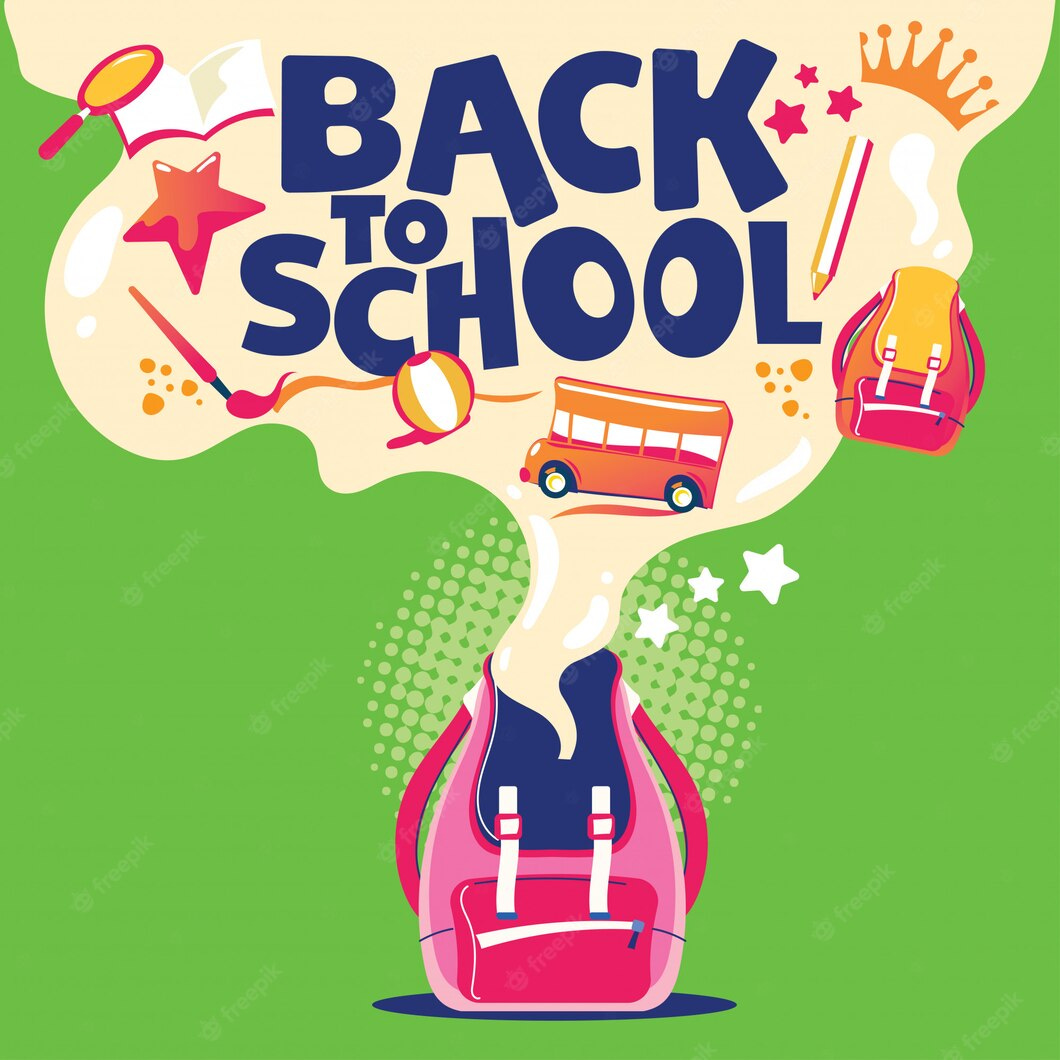✨Reminders✨
The Guerrilla Feminist is reader-supported! Thank you to the folks who pay monthly to support my work. If you want to be added to a paid plan, go here.
Wanna add to The Guerrilla Feminist Spotify Playlist? Go here.
Forward this email to a friend you think would enjoy it or take a screenshot and share it on social media and tag me!
It’s back to school season, which, quite frankly, has always left a bad taste in my mouth. I’ve worked in higher ed for nearly a decade now, and I’ve completed plenty of schooling prior, but this purgatory between summer and the start of school has never come easily for me.
I chalk this lack of excitement up to being a disabled person in a world that does not see or care for disabled people. Going back to school was never exciting for me as a kid (or as an adult), primarily because it meant an end to being myself—and that always felt painful.
I had an IEP (Individualized Education Plan) for learning disabilities all through grade school. An IEP is poorly named, because, let’s face it: it’s only “individualized” as much as a system will allow it to be. Plus, some teachers really resent IEPs and having to abide by them. Some feel that accommodations make things “easy” for people. Which, yes, that’s kind of the point, since those of us with disabilities have to work much harder than non-disabled people. An accommodation is actually just getting us to an almost level playing field with everyone else.
However, teachers are also not given enough support, time, or money to do their job (at least here in the U.S.), so this all adds to disabled students not receiving great, or even adequate care and education. In my experience, I could always tell when a teacher was less than enthused that I had an IEP. I remember eye-rolls, dismissiveness, cold body language. I am 37 and remember these things. Your disabled students remember these things.
Every school year, I would panic thinking about each of my teachers receiving my IEP. It’s a bit like having a scarlet letter on your being. I worried about this as a child as well as an adult who received disability accommodations in higher ed. I was concerned about what teachers thought about me before I even met them. As a child, this feels especially powerless and sad. I was scared of their own biases. I always felt that I needed to work harder (because I often did) to prove myself; to prove I was smart; to prove I was not a bother. I never wanted to be a bother—and no child should ever have to worry about this! I think I can safely say that many disabled students feel similarly.
Back when I was in grade school, in the early 90s to 2004, disability services were still growing and evolving. Special Ed was segregated from traditional classes. There were only a dozen or so students who were receiving accommodations in my school. There were only a handful of people in my grade who were in Special Ed with me. There were probably many others who needed these services, but could not access them for various reasons.
When we talk about the importance of education and going back to school, we are most certainly leaving people out.
As of July of this year, Pew Research Center found that the number of disabled students in prekindergarten through 12th grade “has grown in both number and share over the last few decades. During the 2010-11 school year, for instance, there were 6.4 million students with disabilities in U.S. public schools, accounting for 13% of enrollment.” I’m assuming some of this increase is related to Long Covid and the fact that this has disabled millions of people (and will continue to do so).
If any teachers read my newsletter, especially grade school teachers, I would ask that you give some thought to how you will intentionally create supportive, inclusive, and kind classrooms as well as how you, yourself, will show disabled students that you 1) believe them and their varied experiences, 2) care about them (at least as much as you care about your non-disabled students), and 3) advocate for them when they can’t and empower them to advocate for themselves when appropriate. If you teach children, you are literally helping to shape them. At the very least, try not to cause harm, and if you do, please rectify it as soon as possible.
I remember every shitty thing a teacher (or other adult) said to or about me. You might, too. The trauma of this has greatly affected me and all aspects of my life. I will be working on healing it for as long as I’m alive.
May we all reimagine accommodations as loving/healing/safe access points.
May we all practice community care.
May we all get what we need—at the very least.
🫀 Mood Board for the Week
This from
This from
From 2020, but this piece by
is very intriguing: The New Face of Medicine? Medical InfluencersThe Library is Open: On Party Girl, Budget Cuts, and the Future of Women’s Work - Victoria Wiet
A Covid FAQ with 300 Sources -
This quote found via
:
This song:
Become a paid subscriber today and you’ll get access to my next mini podcast and advice column, Ask Guerrilla Femme. If you have a question, put it here!








